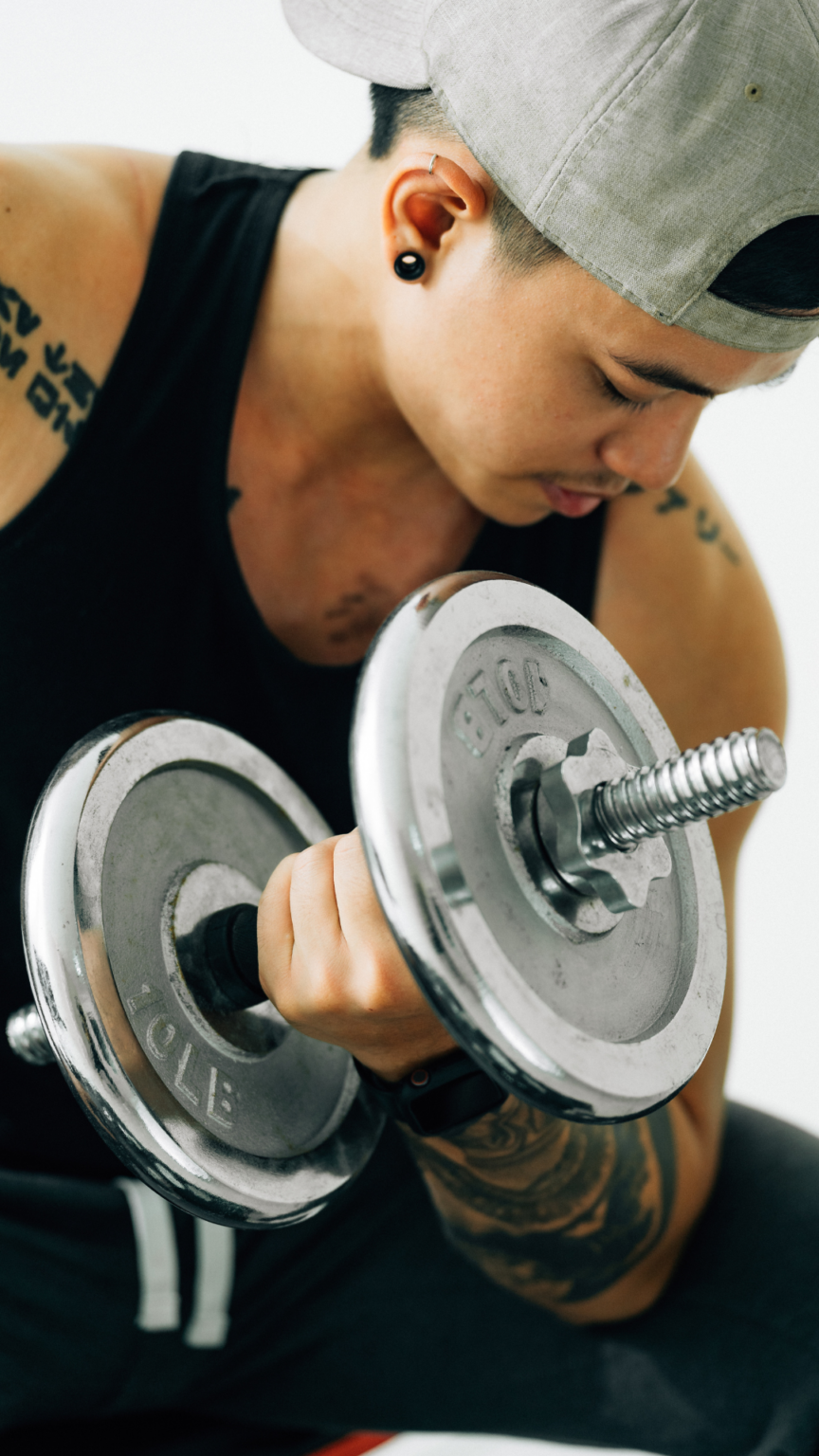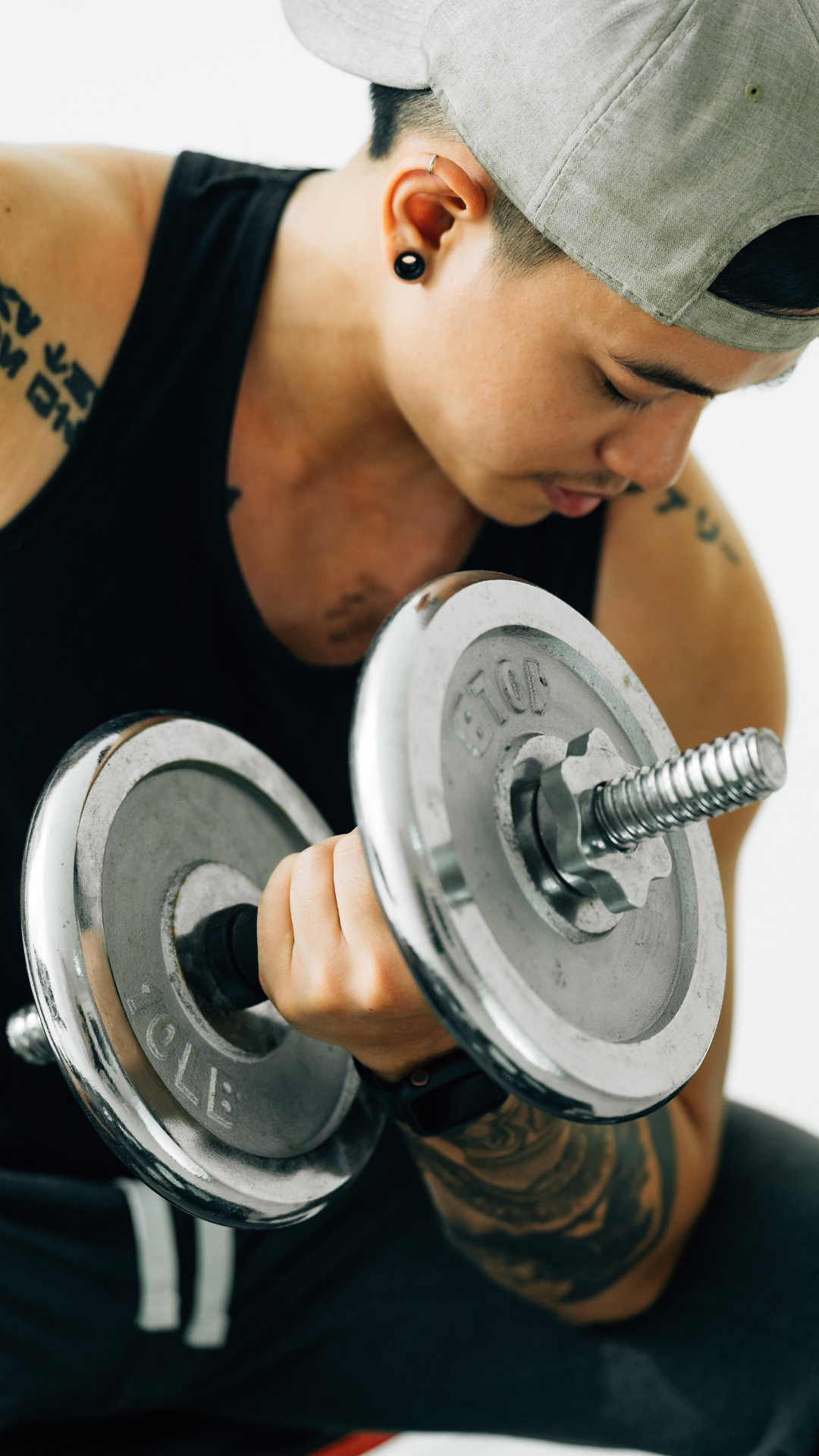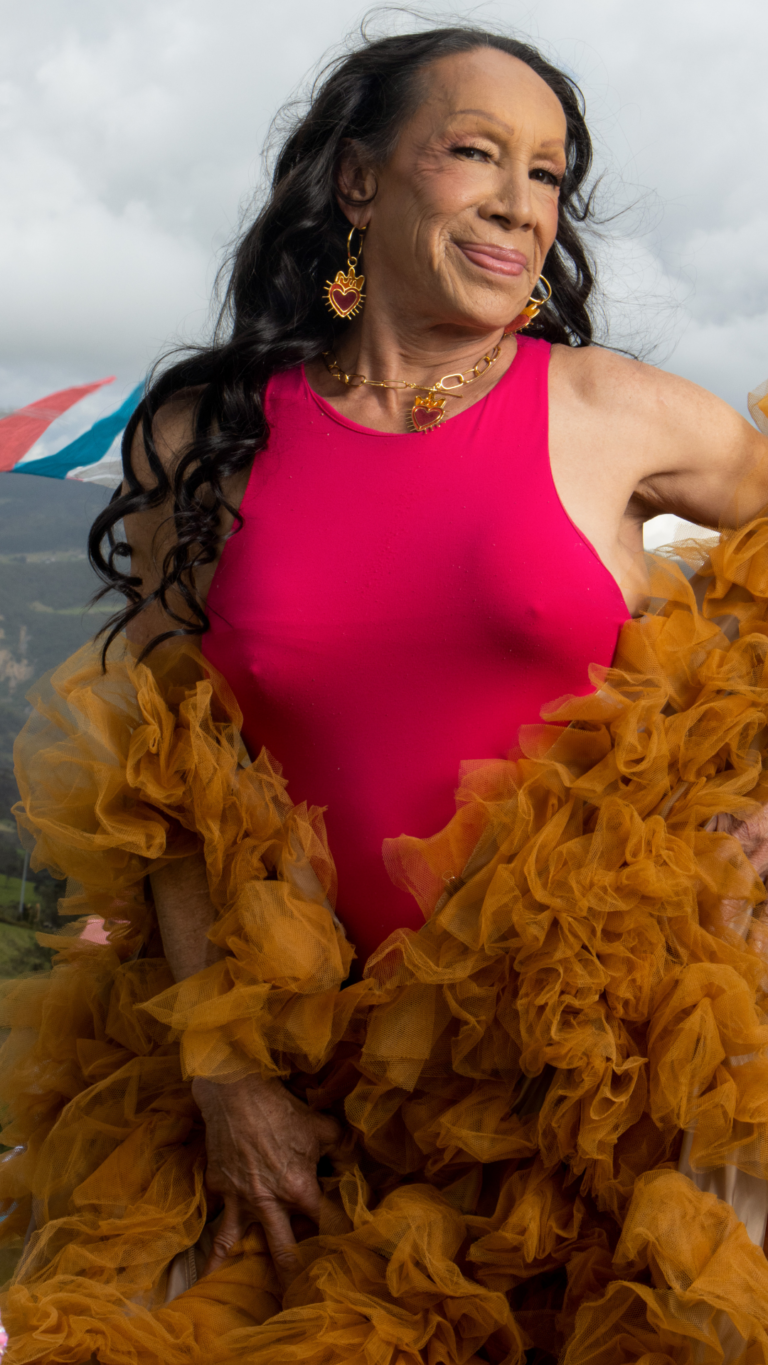Sports and physical activity

Trans inclusion in sports has become a topic of debate. These debates often hinge on sexist stereotypes. They generally push discriminatory practices towards trans and intersex women while writing off trans men. This has led to policies, such as invasive testing, that violate the rights of trans athletes.
What discrimination do trans people in sports face?
Sport and physical activity are an important part of a healthy life. However, trans people face discrimination that makes participating in sports uncomfortable or impossible. Particularly, trans women can face hostile, or even violent, situations. Common experiences of discrimination include:
- Exclusion from women’s teams
- Hostile gendered facilities
- Inappropriate questions
- Comments or stares
- Physical violence.
How does this discrimination affect professional trans athletes?
Some professional sporting organisations allow athletes to compete based on their gender identity. Others have adopted specific criteria that trans athletes must meet in order to participate in a category different from their assigned sex at birth. These requirements are often invasive. They can also force an athlete to choose between undergoing medical treatment, like hormone replacement therapy, and their career.
Some court rulings suggest that invasive requirements or trans-exclusionary bans violate fundamental rights. Particularly at risk are trans athlete’s right to respect for a private life and prohibition of discrimination.
What does TGEU do?
TGEU works to ensure decision-makers, stakeholders, and sports leaders at every level consider the needs of trans people in sports. We perform research to understand and articulate the difficulties trans athletes face. This data is used to advocate for guidelines and official rulings that respect trans athlete’s rights and bodily autonomy.
Main information









